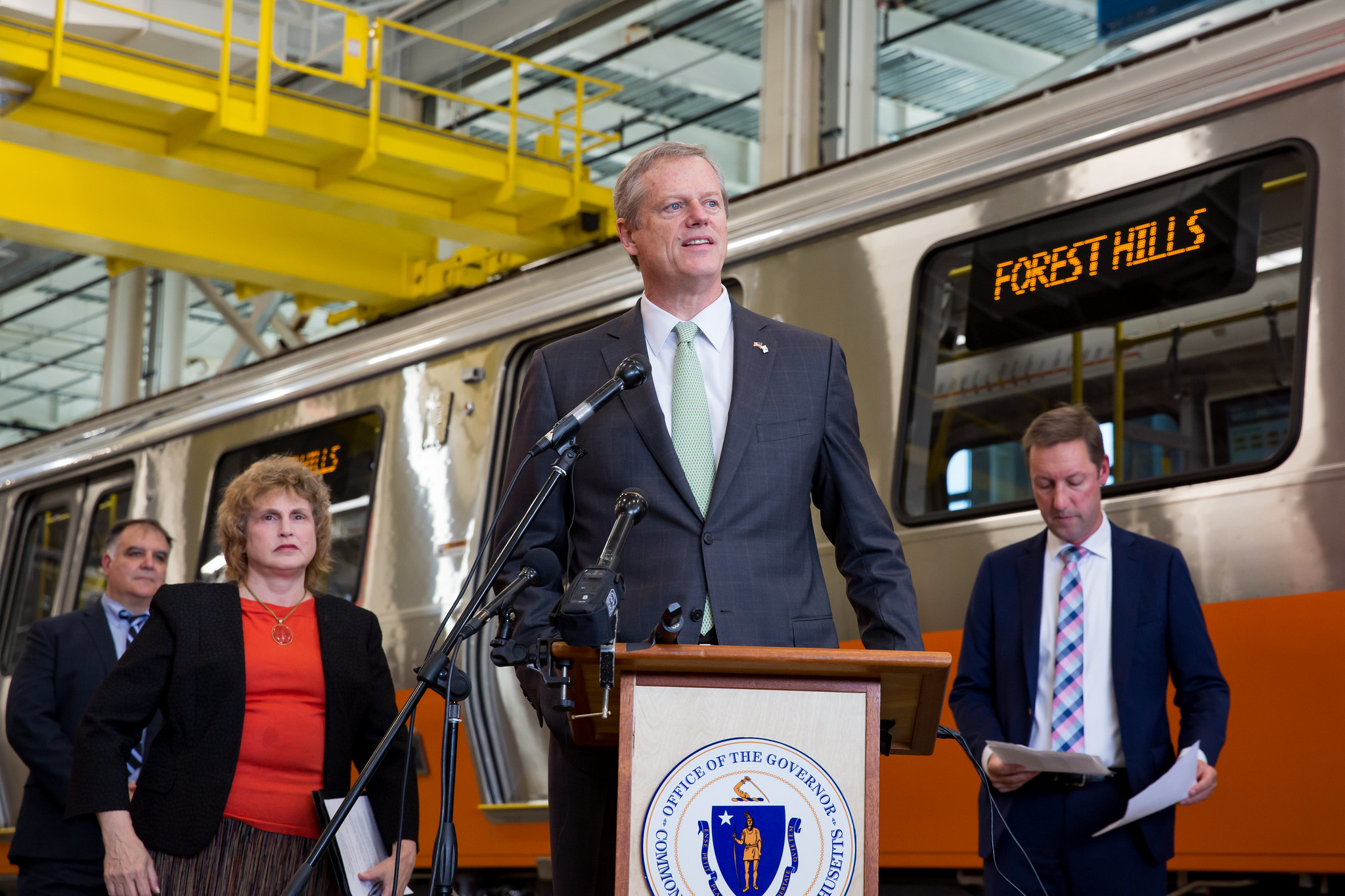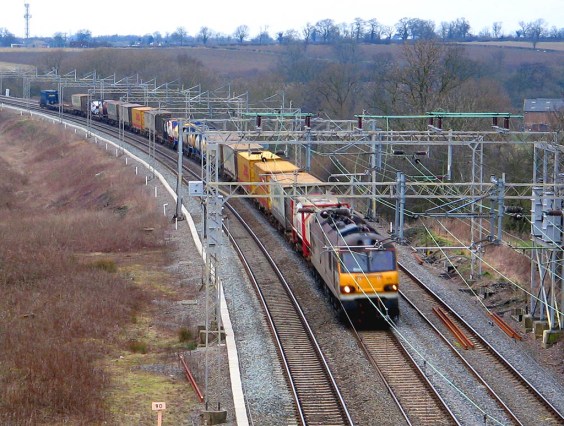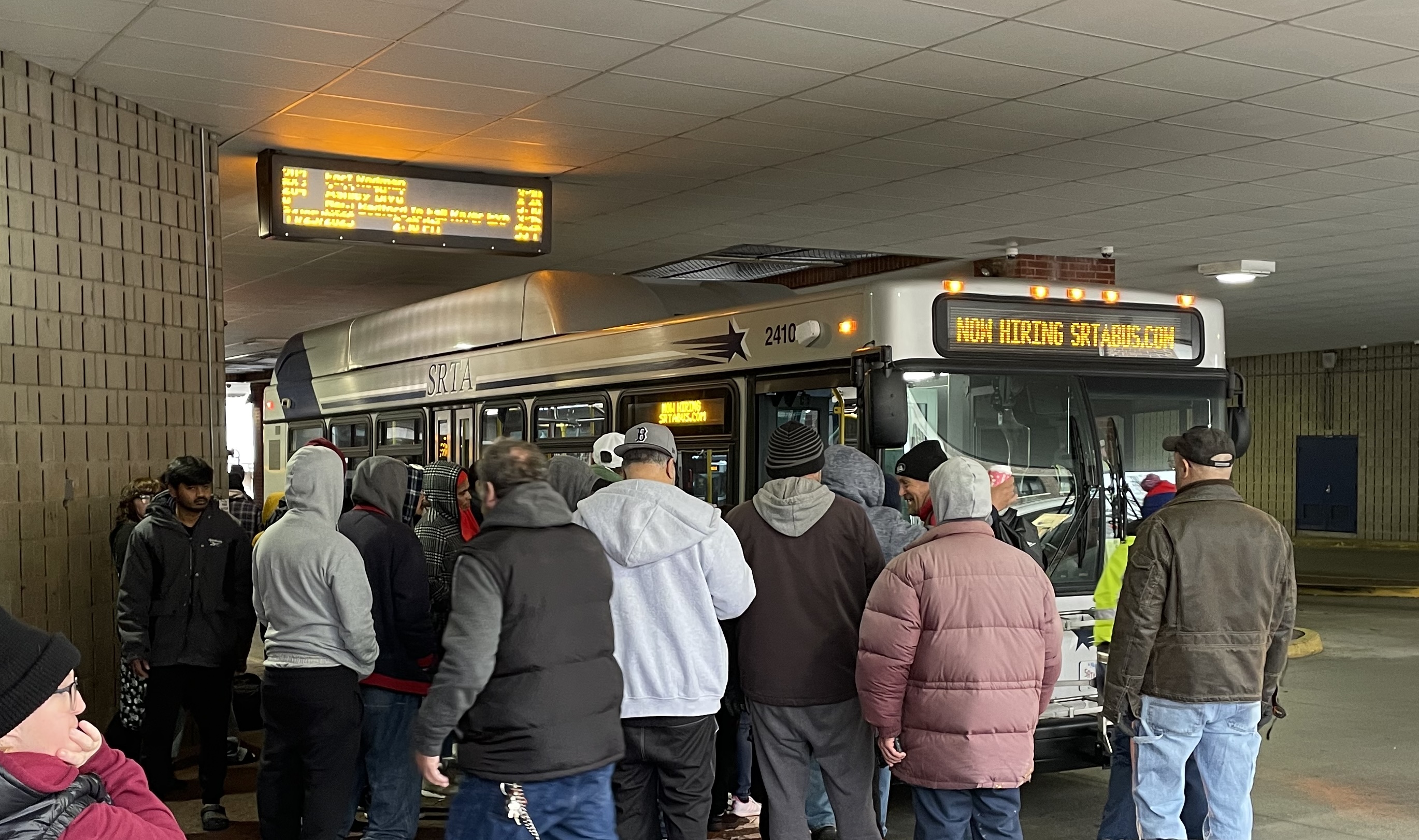On Friday, Governor Baker signed the Legislature's transportation bond bill into law, but used his line-item veto power to delete many of its policy proposals, including language that would have established a low-income transit fare program, guidelines and financing for the massive Allston Multimodal Project, and a proposal to raise more money for transportation projects with increased fees on Uber and Lyft rides.
The Transportation for Massachusetts (T4MA) coalition expressed frustration in a press statement after the vetoes were announced.
"The Baker Administration is demonstrating yet again it is out of touch with the transportation needs and frustrations of Massachusetts residents and businesses," wrote T4MA. "The Governor’s vetoes are a particularly cruel blow to the essential workers who are relying on public transportation to keep us healthy, safe, and fed in the midst of the pandemic."
Advocates were particularly perplexed by the Governor's veto of fees on Uber and Lyft. One year ago, before the pandemic, Gov. Baker himself had proposed to increase fees on Uber and Lyft from 20 cents per trip to $1 per trip, and to use most of the money raised to help fund the MBTA operating budget.
Earlier last week, planners from the Massachusetts Area Planning Council published forecasts that, even with diminished ridership from the pandemic, the new fees could produce $56 million a year for the state as a whole, including $6 million in new funding for the cash-strapped MBTA.
Baker did, however, approve parts of the bill that will reduce fines and prohibit arrests for transit fare evasion and improve parking enforcement for dedicated bus lanes.






